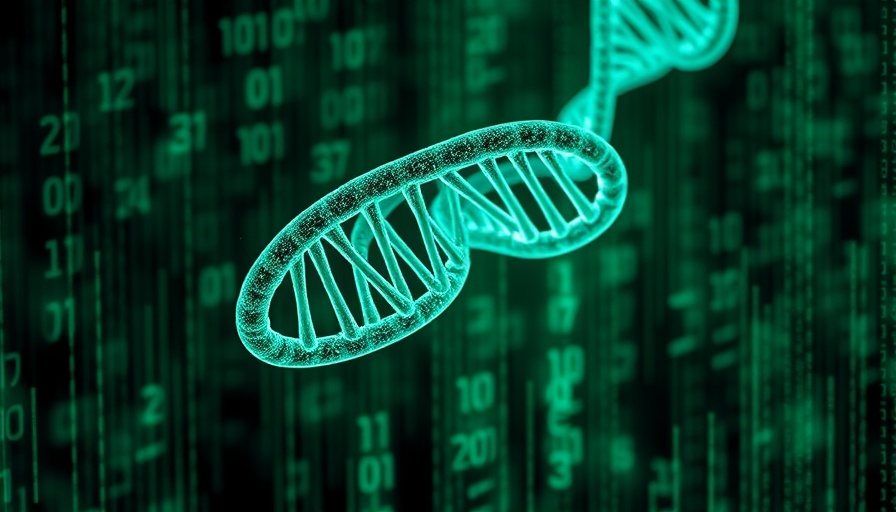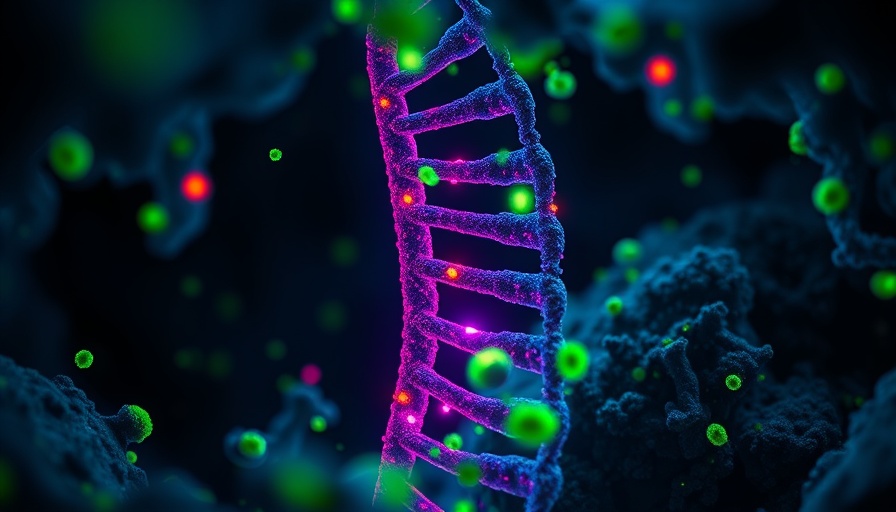
Understanding the Codons: What Are They and Why Do They Matter?
Codons are the building blocks of genetic information, consisting of sequences of three nucleotides that dictate how proteins are formed in organisms. In the case of E. coli, a common bacterium, there are a total of 64 codon combinations, yet only 20 amino acids need to be expressed. This surplus of codes raises intriguing questions about the purpose of genetic redundancy and provides fertile ground for researchers to explore synthetic biology. In a fascinating advance, scientists have managed to reduce the genetic code of E. coli down to only 57 functional codons, a significant step in understanding and manipulating organisms on the genetic level.
The Journey of Genetic Simplification: Syn57’s Development
Previously, in 2019, a team created Syn61, a version of E. coli with 61 codons by making over 18,000 modifications. This time, researchers, including some from the original team, tackled the ambitious goal of condensing the code even further to 57 codons. Achieving this required an impressive 101,000 codon adjustments, where each change had to be meticulously analyzed for its effects on the bacteria's viability.
This level of detail in genetic modification demonstrates the shifting landscape in synthetic biology. Reducing the genetic code aims to enhance the organism's performance and enable its use in various practical applications, such as drug production and material manufacturing.
Potential Applications: How Synthetic Biology Could Transform Industries
The implications of creating organisms with simplified genetic codes extend far beyond the laboratory. With Syn57, there's a promising potential to forge new paths in biotechnology. Researchers are hopeful that these simpler organisms can be harnessed for drug development, creating more efficient production methods for essential medicines, or even innovative materials that can lead to breakthroughs in other industries.
Challenges Ahead: Balancing Speed with Viability
Despite the exciting advancements, challenges accompany these innovations. The new Syn57 strain grows about four times slower than its predecessor. This slower growth could pose hurdles when it comes to scaling any production efforts based on this genetic modification. Researchers are currently focused on understanding and overcoming this issue through further experimentation and modification.
The Broader Impact of Codon Reduction in Genetic Research
Reducing the genetic code also invites discussions about genetic engineering's role in contemporary society. There are ethical considerations surrounding the manipulation of life at such a fundamental level. This kind of work highlights the responsibilities researchers bear, as their discoveries can lead to both positive advancements in health and possible misuse within biotechnology. As the conversation continues, it is crucial for scientists to work transparent methods of communicating the potential benefits and risks of genetic engineering to the public.
As Lily Thompson delves into contemporary health trends and sustainable practices, it is essential for readers to stay informed about these scientific progressions while understanding their implications on overall well-being and the environment. Innovations within synthetic biology have the potential to enhance health outcomes significantly and provide solutions for pressing global challenges.
 Add Row
Add Row  Add
Add 




Write A Comment